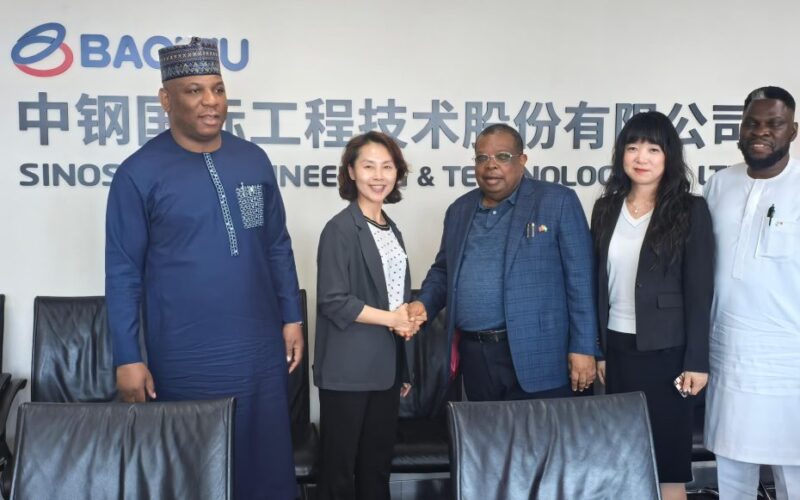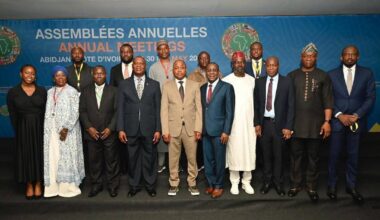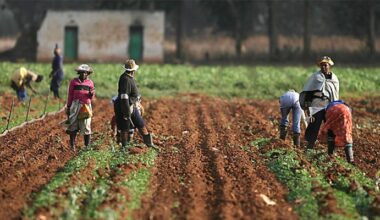The Federal Government has stated it’s exploring partnership with the Republic of China, after efforts with Russia to complete and operate the Ajaokuta steel company have stalled.
The Minister of Steel Development, Shuaibu Abubakar, disclosed this on Tuesday in Abuja at the opening of the 10th edition of Nigeria’s Mining Week, themed “Nigeria Mining: From Progress to Global Relevance.”
Abubakar said the government had earlier signed a Memorandum of Understanding (MoU) in September 2024 with Messrs Tyazhmashpromexport (TPE), the original builders of Ajaokuta, based in Russia, to rehabilitate, complete, and operate the steel complex and NIOMCO.
He, however, said that the Russia–Ukraine war had stalled progress on the agreement.
“Due to constraints as a result of the Russia–Ukraine war, we are now exploring partnership with the Republic of China for the revitalisation of both ASCL and NIOMCO.
“Mr President will give the final approval based on financial, managerial and technical competencies,” he said.
Abubakar reaffirmed that the Renewed Hope agenda under President Bola Tinubu’s administration remained committed to breaking the nearly five-decade jinx surrounding the moribund Ajaokuta steel plant.
He revealed that the ministry was in advanced discussions with the Ministry of Defence and the Defence Industries Corporation of Nigeria (DICON) to commence production of input materials for military hardware.
“These hardwares, he said, include rifles, vests, helmets and bullets at the Engineering workshop of the Ajaokuta Steel Complex.
“This understanding is to support the defence sector of the Nigeria economy for improved security,” he added.
The minister also disclosed that 12 iron ore deposits across the country were at various stages of exploration.
According to him, the National Steel Raw Materials Exploration Agency (NSRMEA), Kaduna, identified the deposits and was generating resource data to drive investments in iron ore, cokeable coal and bauxite.
He explained that increased local steel production would stimulate massive consumption of locally sourced raw materials, such as iron ore, limestone, dolomite, refractory clay, and coal, with attendant economic benefits.
Abubakar urged private sector participants to seize investment opportunities in the steel raw materials value chain, describing it as vital to unlocking growth in the industry.
“We are collaborating with critical stakeholders across the Federal Government, especially our sister Ministry of Solid Minerals Development in this regard,” he said.
He stressed that repositioning Nigeria’s steel industry for sustainable growth and foreign investment would depend on ensuring steady mineral raw material supply.
According to him, “the robust business engagements and policy alignments for the development of strategic minerals like Iron Ore, Fluxes, Coal and other alloying minerals should see the Nigerian Steel Industry as a major partner/offtaker.”
“The top management of Ministry of Steel Development, its Agencies and industry players are present at this conference and the Federal Government is ever ready to provide the required enabling environment,” he assured.







